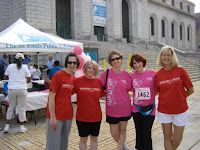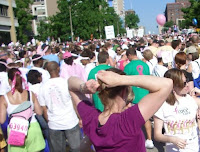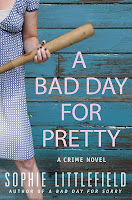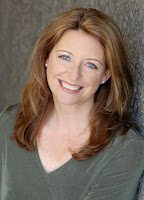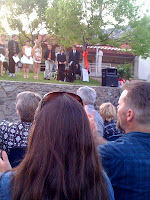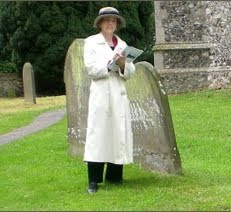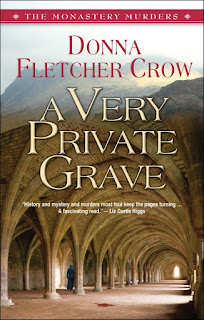Murphy’s Law
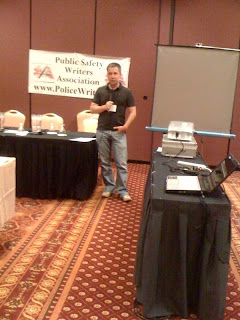
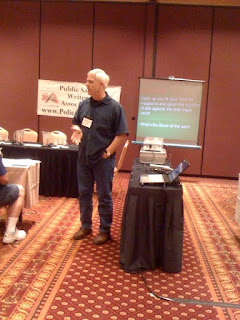 The Public Safety Writers Association had their annual writers’ conference in Las Vegas this past weekend. This conference is for anyone who writes fiction or non-fiction about or for any of the public safety fields–which includes mystery writers. I’ve worked all year as the program chair for this event.
The Public Safety Writers Association had their annual writers’ conference in Las Vegas this past weekend. This conference is for anyone who writes fiction or non-fiction about or for any of the public safety fields–which includes mystery writers. I’ve worked all year as the program chair for this event.
Right before we left for the conference, I learned that one of the board members who also serves as the m.c. for the conference had been bitten by a spider and had a terrible infection and couldn’t come. His wife is the treasurer of the group and the one who takes care of book sales and of course she stayed home to care for her hubby.
My hubby, poor put upon soul who always helped the treasurer, stepped up to the plate and worked his you know what all weekend taking care of all the money that came in for books, extra lunches, and extra days at the conference. (He was too busy to fall asleep, something he’s done on past occasions.)
The president of the group m.c.’d and did a great job.
I took lots of pictures–and yes, some of the women who participated, but then my iPhone died and I couldn’t send them to my computers.
Two of my panels had to switch times because of a speaker having to leave early to catch a plane.
Other than that the conference really was terrific. The photos are of best selling author, Simon Wood, who was our keynote speaker and told us all about how to create suspense in our stories whether they be mysteries or thrillers. Simon also has the most wry sense of humor and is super friendly.
The other fellow is Kregg Jorgenson, who besides being Vietnam war hero, also has been in about every law enforcement organization there is including Homeland Security and the Border Patrol. He talked about how to sell articles to any kind of magazine. Terrific!
Sunny Frazier gave a presentation on how much sex is too much in a mystery–and she’d asked a lot of authors and the general consensus came down to whether or not the sex moved the plot along. Needless to say she held her audience’s attention.
Michael Black gave us a demonstration on how to plot a book in an hour that was terrific–complete with all kinds of colored post-it notes.
Morgan St. James gave a terrific presentation on POV. Retired FBI agent, Mark Bouton, gave us a demonstration complete with pictures about how to tell if someone is telling a lie.
We had lots of panels on all sorts of writing topics from using supernatural elements in our books to writing for trade publications.
Unlike many writing conferences, this one has one track and almost everyone stays for the whole day despite the call of the slot machines.
I told my husband it sure was a lot more fun to go to a conference where you never know what went wrong then to be the one who had to solve all the problems.
Despite all this, everyone had a great time and as soon as I recover, I’ll start working on next year’s program.
Marilyn

